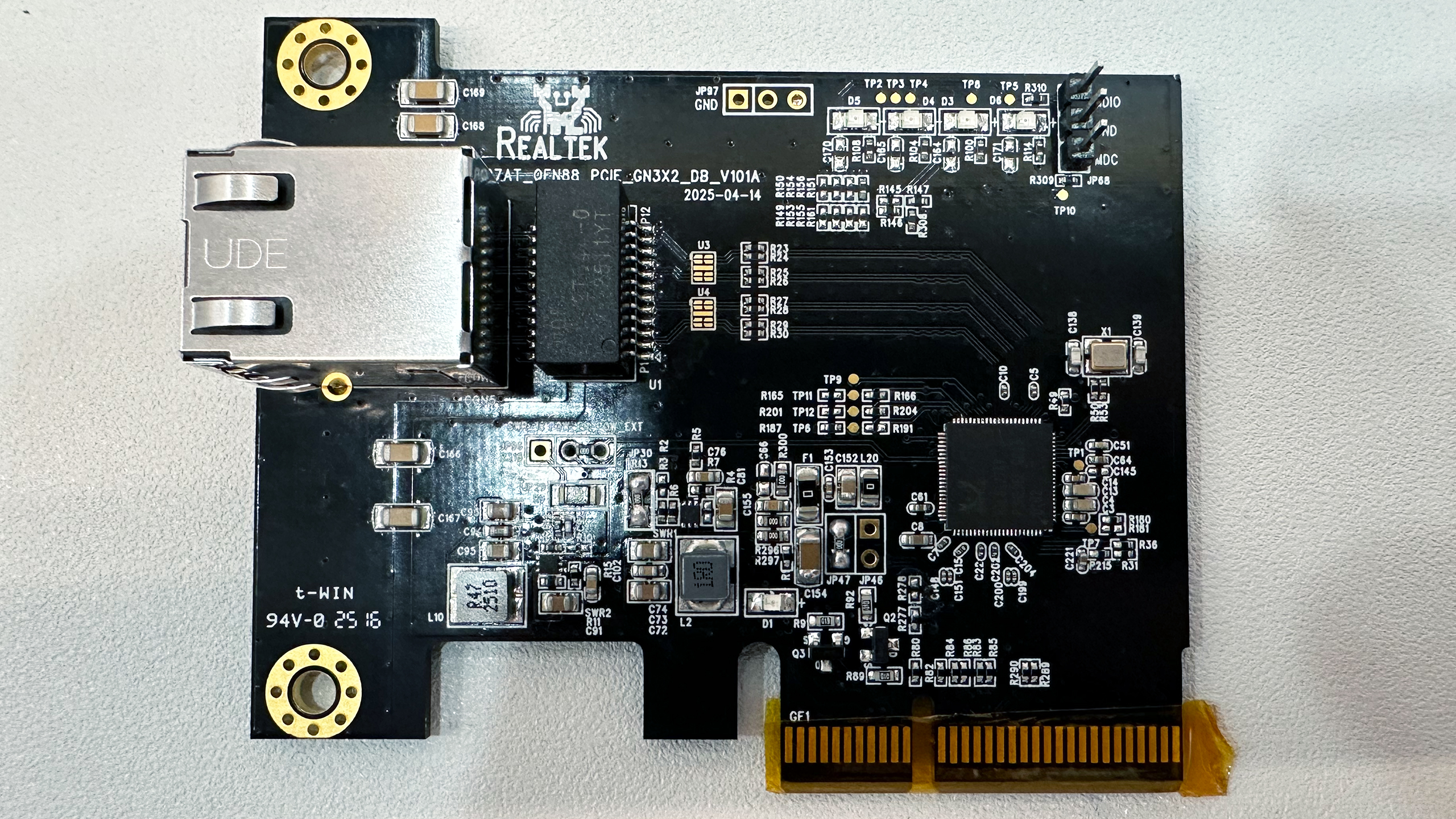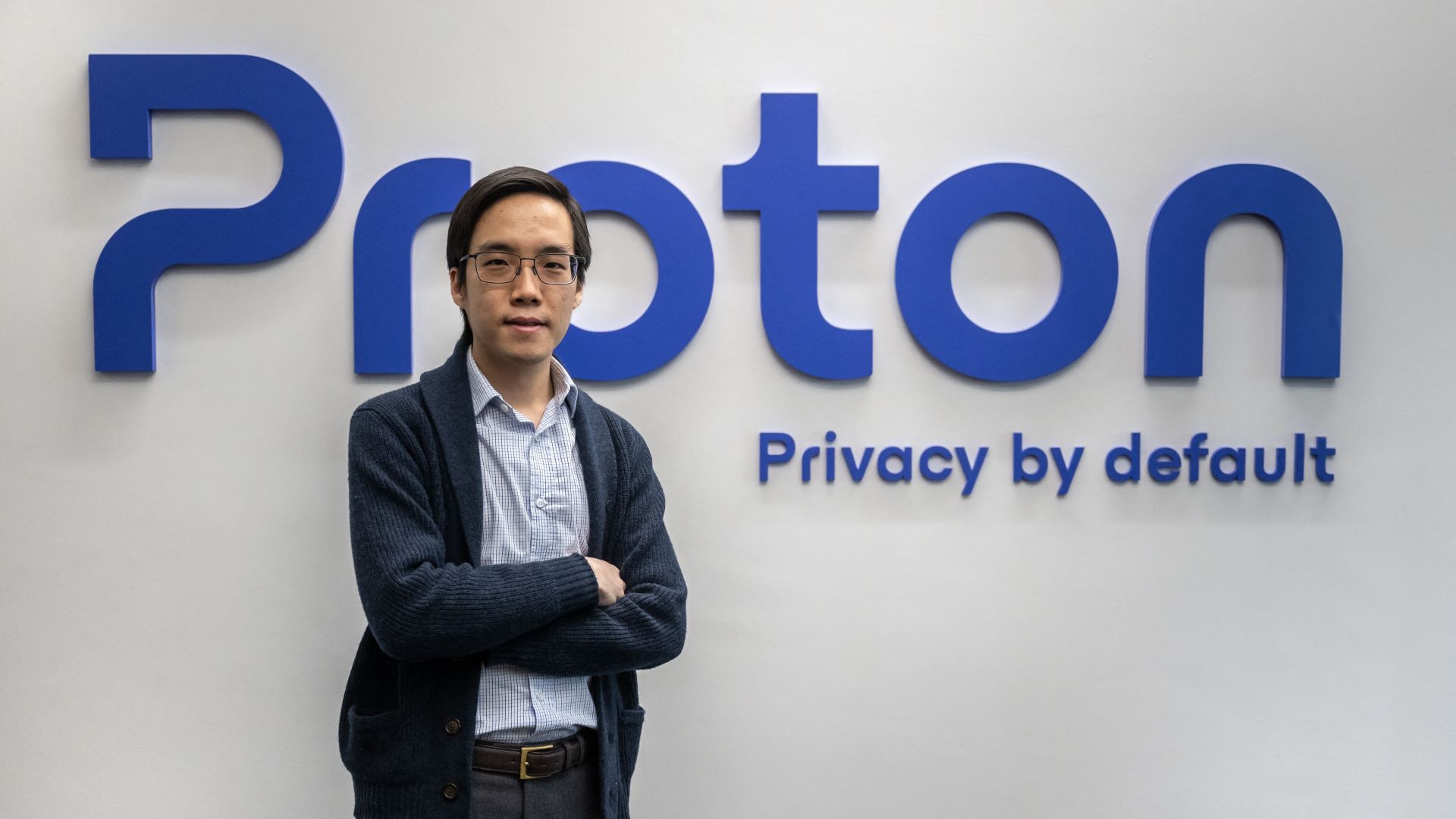Experts warn mobile sports betting could be gateway to gambling crisis for young men in New York
-
There's also the issue of volume, more betting volume could mean more opportunity for corruption. I don't have numbers but i'm guessing there is a lot more betting now that it's legal, with ads and sponsorships constantly in your face, and easily accessible with phone apps and sportsbooks. But i have not seen any officially expressed concern about that aspect from any league representatives, only spin that it's better legalized and regulated.
The overall point is that sports leagues definitely do want sports betting. more engagement, ad sales, endorsements, and they can even get in on the action directly by ownership or investments.
"regulated" doing a lot of heavy lifting
-
This post did not contain any content.
So gambling is a gateway to gambling? Brilliant analysis there, healthbeat.org
-
Australian millennial checking in, when I was young 'nobody' my age made bets on sports, like maybe 5% of the population. Gambling ads were heavily regulated as were gaming organizations.
The gambling ads for tipping and online betting and gambling apps have ramped up and online gambling was allowed to flourish with relaxed regulations. Taking us to the current state of affairs where they are unavoidable, and gambling companies are major sponsors of all our sports events.
The current youth now have a huge problem with gambling.

‘A massive public health problem’: Australian children as young as 10 are hooked on gambling
Exclusive: A Guardian Australia investigation has found an increase in the number of young people seeking help for problem gambling, with calls for urgent action
the Guardian (www.theguardian.com)
Push back hard if you can on mobile gambling in your neck of the woods, because once the government gets addicted to the revenue and the 'corporate events' they are very disinterested in reeling it back.
Australian xiellenial here, 12 years ago I taught at tafe and I reckon about half the class was on gambling apps. I was shocked as none of my peers use them AFAIK.
-
Online sports betting through apps on your phone is just yet another example of everything sliding toward degeneracy
'Degeneracy' is just a dogwhistle
-
So gambling is a gateway to gambling? Brilliant analysis there, healthbeat.org
Same energy

-
I agree with most of what you're saying, but I don't think gambling should be illegal. That's the tough thing.
If you make it illegal, they'll just run back to a tax haven like so many are already doing, but at least people will be less likely to find them. If you tax them to hell, they'll also run to a tax haven and do money laundering+tax evasion. Gambling companies are lose-lose-win for people-govts-themselves.
-
Australian millennial checking in, when I was young 'nobody' my age made bets on sports, like maybe 5% of the population. Gambling ads were heavily regulated as were gaming organizations.
The gambling ads for tipping and online betting and gambling apps have ramped up and online gambling was allowed to flourish with relaxed regulations. Taking us to the current state of affairs where they are unavoidable, and gambling companies are major sponsors of all our sports events.
The current youth now have a huge problem with gambling.

‘A massive public health problem’: Australian children as young as 10 are hooked on gambling
Exclusive: A Guardian Australia investigation has found an increase in the number of young people seeking help for problem gambling, with calls for urgent action
the Guardian (www.theguardian.com)
Push back hard if you can on mobile gambling in your neck of the woods, because once the government gets addicted to the revenue and the 'corporate events' they are very disinterested in reeling it back.
Brazilian under a similar situation. Gambling and casinos are illegal within the entire country, but in 2018 online gambling/casinos were allowed to run ads everywhere. Every other week there'd be a new betting site throwing ads on every TV channel and tiktok/instagram influencer. Some regulation started showing up last year, people on Bolsa Familia (govt money for people in extreme poverty) were dumping that money straight into the gambling sites, but it's too little, too late. A significant portion of the political right is now being
bribedlobbied to legalize casinos again, "It'z gun generert jerbs and tworism!!!!" -
This type of gambling lose money. If you want the thrill of risking something, rob a bank. Either you win big, or your suffering immediately ends



 ️
️/kidding
'Round my parts, robbers just target the armoured trucks that move money to ATMs.
-
'Degeneracy' is just a dogwhistle
What am I dogwhistling? A dogshit, decrepit capitalist society designed to exploit poor people?
-
What am I dogwhistling? A dogshit, decrepit capitalist society designed to exploit poor people?
It's a loaded term that should be replaced with a more nimble definition.
A dog whistle is the name for a loaded term that is used to tag a specific target with a large baggage of information, but in a way where only people who are part of the "in group" can understand the baggage of the word, hence "dog whistle", only heard by dogs.
In the case of the word "degeneracy", it's a vague word that has been often used to attack, among other things, LGBTQ and their allies as well as non-religious people. The term is vague enough that the user can easily weasel their way out of criticism for its usage, but the target audience gets the message loud and clear: "[target] should be attacked for being [thing]."
Another example of such a word would be "woke".






